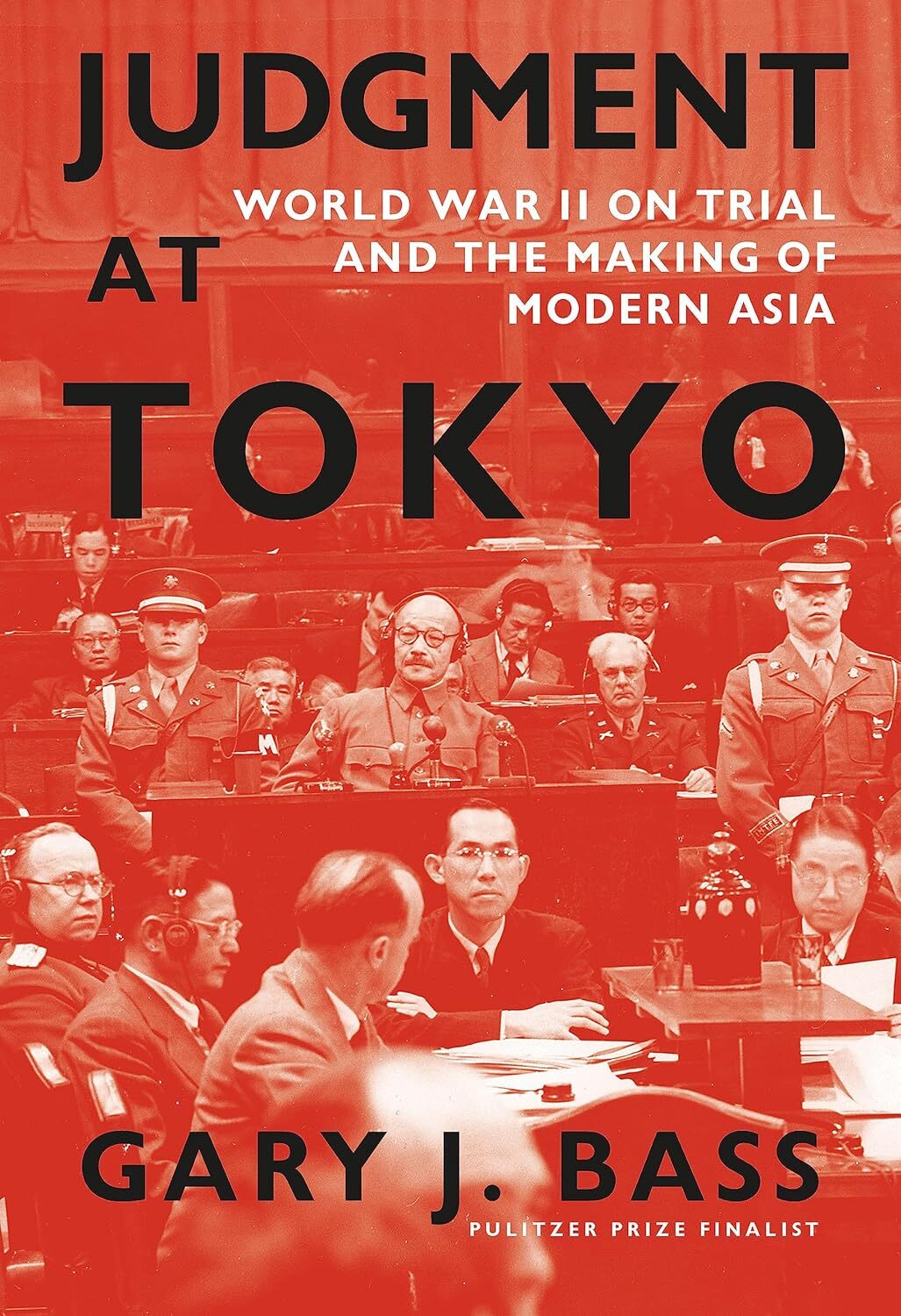- Hidden History's Newsletter
- Posts
- Today in the Second World War
Today in the Second World War
The 13th of December
Welcome to today's edition, where we cast a spotlight on December 13, a day that holds a significant place in the narrative of World War II. This date encompasses a myriad of events, from decisive military actions to pivotal diplomatic decisions, along with the powerful individual stories of those who lived through it. Our goal today is to present these moments in a context that not only illuminates their historical significance but also their profound impact on the course of the war and their lasting influence on our present world. Join us as we delve into the events of December 13, exploring the multifaceted nature of this day in history and its enduring relevance.
"Defend Paris to the last, destroy all bridges over the Seine and devastate the city." - Adolf Hitler—August, 1944
The Start
1937: The Japanese Sabae Regiment occupied the Guanghua Gate in Nanjing, China after two days of heavy fighting. In the afternoon, Chinese forces twice attempted to attack the headquarters of the Shanghai Expeditionary Force at Tangshuizhen, but the Japanese was able to repulse the attacks. Later in the day, Zhongshan Gate and Taiping Gate were captured by the Japanese as well, while Japanese Navy warships began to arrive to provide support. By nightfall, the Chinese capital city was declared as captured. German businessman John Rabe, who was in Nanjing, noted the diary entry on this date "It is not until we tour the city that we learn the extent of destruction. We come across corpses every 100 to 200 yards. The bodies of civilians that I examined had bullet holes in their backs. These people had presumably been fleeing and were shot from behind. The Japanese march through the city in groups of ten to twenty soldiers and loot the shops.... I watched with my own eyes as they looted the café of our German baker Herr Kiessling. Hempel's hotel was broken into as well, as almost every shop on Chung Shang and Taiping Road." On this day, troops of the Japanese 16th Division massacred over 3,000 Chinese people, military and civilian, attempting to flee the combat near Guanjiangan and Jiangli areas of Nanjing. Troops of the Japanese 114th Division captured over 1,000 Chinese during its mop up operations, most of whom would be executed within days. Vessels operated by the 11th Task Force of the Japanese 3rd Fleet fired on Chinese refugees attempting to cross the Yangtze River.

Japanese troops celebrating the capture of Nanjing, China, 13 Dec 1937
Damaged
1939: At the Battle of the River Plate, three British cruisers damaged German pocket battleship Admiral Graf Spee, forcing her enter the neutral port of Montevideo for repairs.

Admiral Graf Spee anchored off Montevideo, Uruguay, circa 13-16 Dec 1939
Niihau Incident
1941: The Niʻihau Incident, also known as the Battle of Niʻihau, occurred during World War II after the attack on Pearl Harbor. On December 7, 1941, a Japanese fighter pilot, Shigenori Nishikaichi, crash-landed on the Hawaiian island of Niʻihau after participating in the attack on Pearl Harbor. Unaware of Japan's attack on Pearl Harbor, the residents of Niʻihau initially treated Nishikaichi with hospitality. However, the situation escalated when the islanders learned of the attack on Pearl Harbor and attempted to detain Nishikaichi. In the ensuing struggle, Nishikaichi received assistance from three Japanese-American residents of the island, leading to a week-long standoff that resulted in the death of Nishikaichi and one islander, as well as the arrest of the Japanese-American collaborators. The incident had significant implications, influencing U.S. attitudes and policies towards Japanese Americans during the war, particularly contributing to the decision to create internment camps for Japanese Americans.

Remains of Nishikaichi's Zero after having been burned by Nishikaichi on December 13, 1941
Photo of the Day

During a Rest & Relaxation period, United States Army personnel pose for keepsake photographs in front of the Great Pyramids of Giza, Egypt, 13 Dec 1942.
As we close today's edition, we thank you for your engagement with the pivotal moments of December 13 in World War II. From strategic breakthroughs to heartfelt stories of courage, this day in history is a rich tapestry of events that shaped the course of the war and our understanding of it. We hope that our exploration has provided a deeper insight into these significant moments and their lasting impacts. Join us again as we continue to uncover and honor the complex narratives of this monumental period in history.
If you ever have any recommendations feel free to reach out to us at [email protected]
Have a great week :)
Recommended Books:
Today’s email was brought to you by Hidden History.
Was this email forwarded to you? You can subscribe here!




